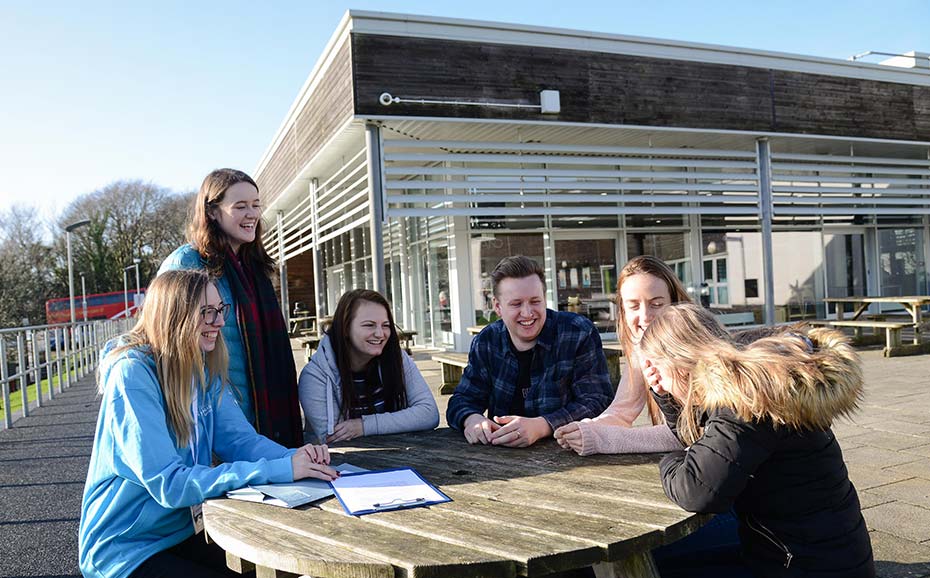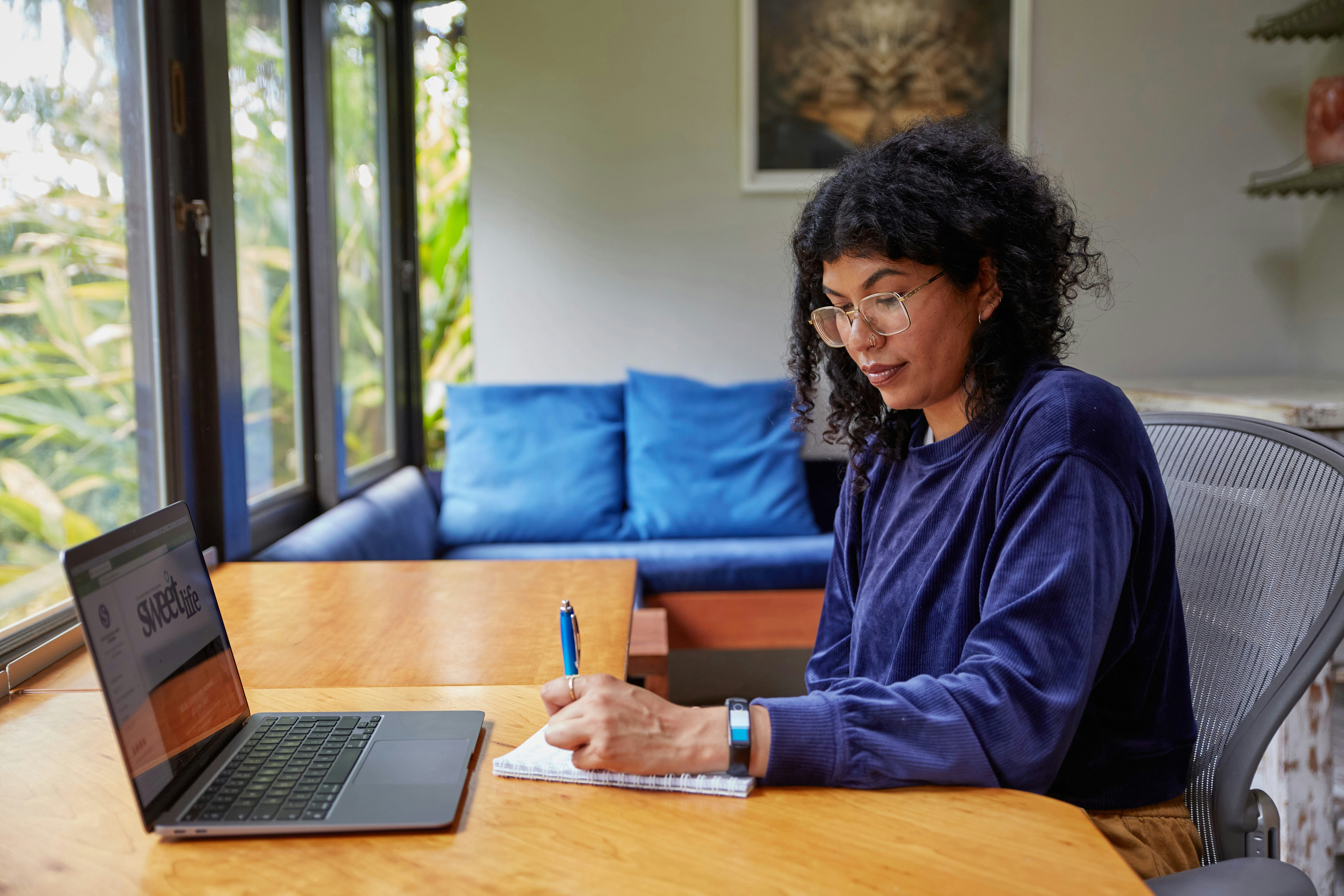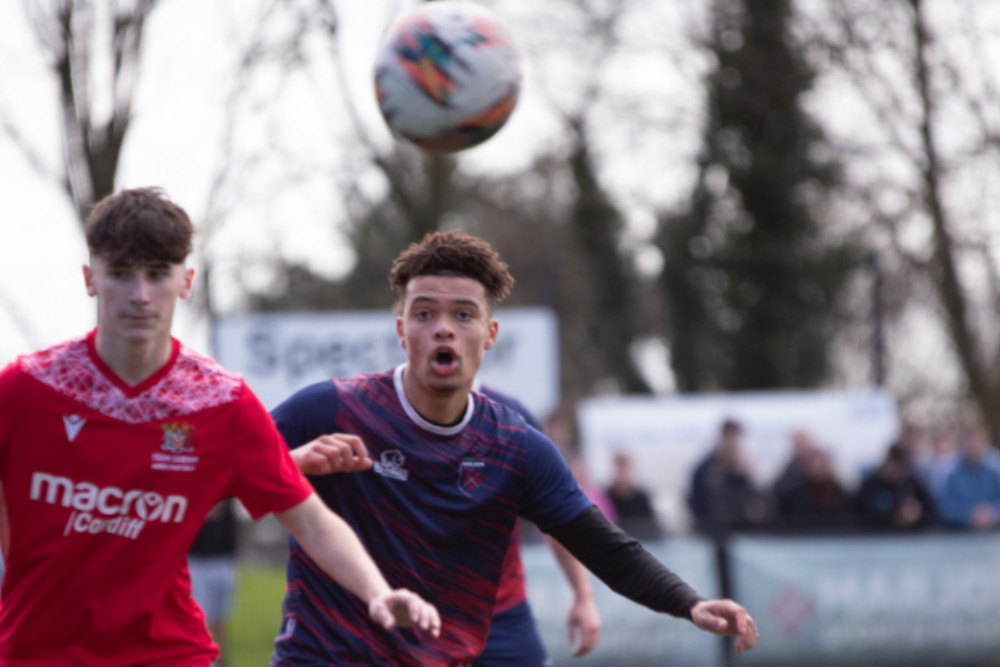Study
2018 - Study signposts 1

Subject areas
Find out more about the different course areas you can study in with us, and find the right one for you.
Find out more2018 Study - signposts 2

Open days
Secure your spot at our next Open Day. What better way to get a feel for life at Plymouth Marjon University?
More info
Postgraduate study
Our postgraduate options include taught courses, research degrees, and PhD studies.
More info
Applying to us
We welcome applications from people of all ages, and you can apply to us at anytime.
More infoStudy signposts 3

International guide
If you’re an international student and are considering coming to study in beautiful Devon, you’ll find this section packed with helpful information to help you prepare and plan your journey to Marjon.
More info
Access to higher education
Interested in a degree but don't meet the entry requirements? Try an Access to Higher Education Diploma and kickstart your learning journey!
More info
Fees and funding
Checking your fees? Confused about money? We’re here to help you find out more about loans, funding, grants, and other financial support systems available to our students.
More info2018 Study - signposts 4

Short courses
If long-term studies aren't what you're looking for, we offer a range of short courses.
Find out more
Play football and learn
We've got some incredible football courses, and you can play while you study, no matter which subject you've chosen.
Find out more
Get a prospectus
Here, it's not about where you started, it's about where you are going...
Get a prospectus
